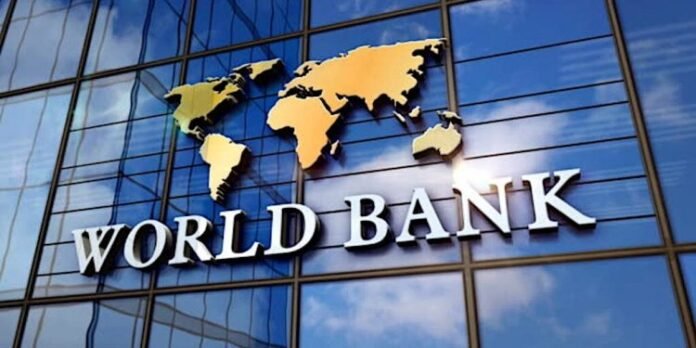The World Bank has warned the John Mahama-led government not to rush back to the Eurobond market.
According to the World Bank, international investors will see Ghana’s quick return to the World Bank as an easy way out.
The Bank urged the Mahama administration to fix Ghana’s economy to strengthen the country’s fiscal and growth fundamentals, and to convince the private sector that public debt is sustainable.
The World Bank stated, “Importantly, the new administration [Mahama Administration] should also refrain from a hasty return to the Eurobond market, which international investors would interpret as taking the easy way out,” the report said. “Instead, the government should focus on strengthening the country’s fiscal and growth fundamentals and on convincing the private sector… that public debt is on a sustainable path.”
“Sudden macroeconomic stops and crises have led the country to request a record number of IMF programmes, remaining under active IMF programmes for 40 out of its 68 years of history,” the Bank observed.
However, President John Mahama has already echoed during his media encounter that he was not in favour of an early return to the capital market.
According to John Mahama, Ghana has survived without going to the capital markets.
President Mahama stated, “We have survived without going to the capital markets. We’ve survived without borrowing. … As the President, I would not favour a quick return to the international capital market. I think we should go like this for a while and consolidate the economy before we look at external financing.”
Also, the World Bank has dismissed the Akufo-Addo administration’s long-standing claims that Ghana’s 2022 economic collapse was driven by global shocks.
For years, the former Akufo-Addo government and appointees attributed the severity of Ghana’s economic downturn, surging inflation, and a free-falling currency to the COVID-19 pandemic and the Russian-Ukrainian war.
The World Bank, however, argues that domestic policy failures were decisive.
According to the World Bank, the former Akufo-Addo government’s economic collapse was self-inflicted, citing weak governance, fiscal indiscipline, and delayed reforms.
In the World Bank 2025 Policy Notes on Ghana, it reads, “The deterioration of global conditions due to the COVID-19 pandemic and the Russian Federation’s invasion of Ukraine was not the cause of the 2022 macroeconomic crisis; rather, it merely exposed an economy already beset with deep structural vulnerabilities and precarious macroeconomic conditions.”
“Sudden macroeconomic stops and crises have led the country to request a record number of IMF programs, remaining under active IMF support for 40 out of its 68 years of history,” the Bank noted.
The Bank further cautioned, “Spending indiscipline poses a critical challenge to Ghana’s macro-fiscal stability… the absence of stringent expenditure controls frequently results in budget overruns and excessive borrowing, undermining efforts to maintain fiscal discipline and compromising long-term sustainability”.
The World Bank stressed that Temporary fixes will not suffice, “There is an urgent need to signal a clear break from the past and a commitment to change… Success will ultimately be measured by the ability of the government to regain the trust of its citizens.”
See the post below:
Don't rush back to Eurobond market, fix the economy first – World Bank tells Ghana#JoyNews pic.twitter.com/tbywDQTR7C
— JoyNews (@JoyNewsOnTV) September 26, 2025

